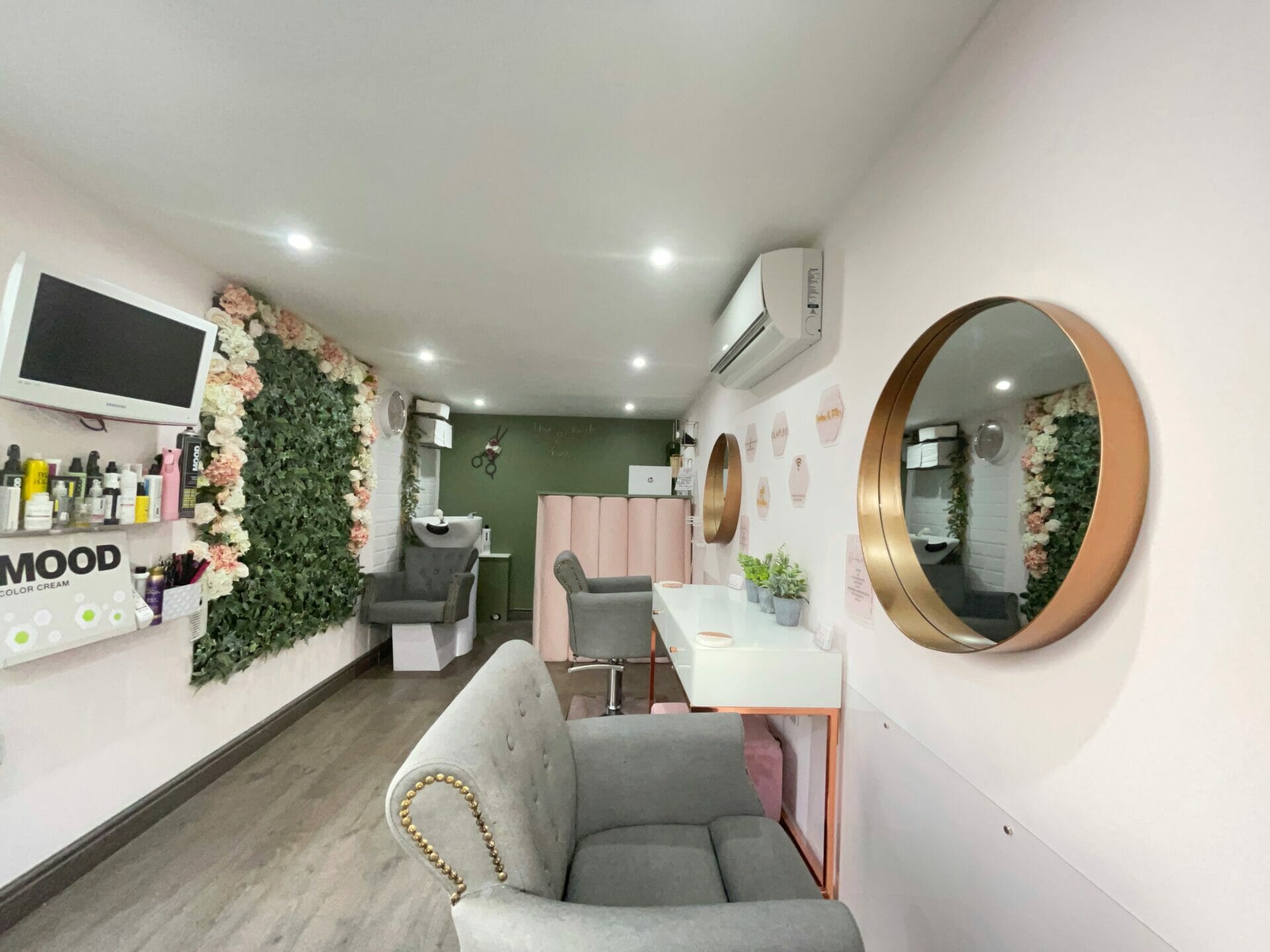When it comes to converting a garage into a home salon in the UK, there are certain legal considerations that need to be taken into account. While we can provide general guidance, it’s important to note that specific regulations may vary depending on your location and local authorities. It is always advisable to consult with a professional, such as a solicitor or local planning authority, for accurate and up-to-date information. That being said, here are some key points to consider:
- Planning Permission: Converting a garage into a home salon may require planning permission. Permitted Development Rights allow certain types of development without the need for planning permission, but they have limitations and conditions. Factors such as the size of the garage, the impact on the local area, and any potential changes to the external appearance of the property will be taken into account. It is recommended to check with your local planning authority to determine whether planning permission is required for your specific case.
- Change of Use: Converting a garage into a home salon involves a change of use from residential to commercial. This change may require formal approval from the local planning authority. The authority will assess factors such as the impact on the surrounding area, parking provisions, and any potential increase in noise or traffic. You may need to submit an application for change of use and comply with specific regulations related to commercial premises.
- Building Regulations: Converting a garage into a home salon may trigger building regulations. These regulations ensure that the structure and any modifications meet certain standards for safety, accessibility, and energy efficiency. Factors such as insulation, ventilation, electrical systems, fire safety measures, and accessibility provisions need to be considered. It is advisable to consult with a building control officer or a qualified professional to ensure compliance with building regulations.
- Health and Safety: As a commercial premises, your home salon must comply with health and safety regulations. This includes providing a safe and hygienic environment for clients and staff. You may need to consider factors such as proper sanitation facilities, adequate lighting and ventilation, safe storage of products, and compliance with health and safety regulations specific to the beauty industry.
- Business Licensing and Insurance: Operating a home salon may require you to obtain certain business licenses and permits. These could include a license for offering beauty treatments or special permits for specific services, such as hairdressing or tattooing. Additionally, it is crucial to have appropriate insurance coverage for your home salon, covering liabilities, public liability, and professional indemnity, among others.
Remember, this information provides a general overview, and the requirements may vary depending on your location and specific circumstances. It is always recommended to seek professional advice and consult with the relevant local authorities to ensure compliance with all legal obligations before starting the conversion process.



